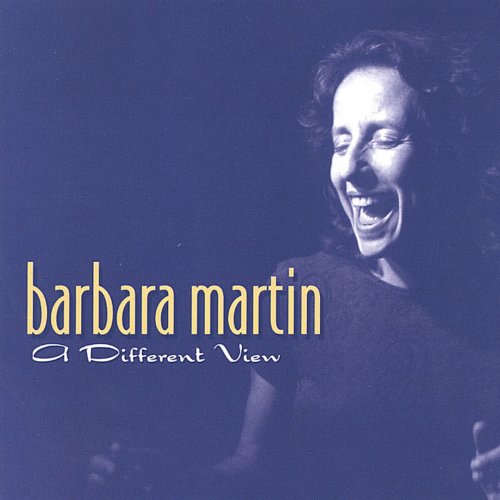Theo Bleckmann - Hello Earth! The Music of Kate Bush (2011) Hi-Res

Artist: Theo Bleckmann
Title: Hello Earth! The Music of Kate Bush
Year Of Release: 2011
Label: Winter & Winter
Genre: Jazz, Vocal Jazz
Quality: FLAC (tracks) 24bit / 96kHz
Total Time: 60:30
Total Size: 1.46 Gb
WebSite: Album Preview
Tracklist: Title: Hello Earth! The Music of Kate Bush
Year Of Release: 2011
Label: Winter & Winter
Genre: Jazz, Vocal Jazz
Quality: FLAC (tracks) 24bit / 96kHz
Total Time: 60:30
Total Size: 1.46 Gb
WebSite: Album Preview
01. Running Up That Hill
02. Suspended In Gaffa
03. And Dream Of Sheep
04. Under Ice
05. Violin
06. Hello Earth
07. Cloudbusting
08. All The Love
09. Saxophone Song
10. Army Dreamers
11. The Man With The Child In His Eyes
12. Watching You Without Me
13. Love And Anger
14. This Woman’s Work
Performers:
Theo Bleckmann - vocals, live electronic voice processing, toy piano, glockenspiel, caxixi
Henry Hey - piano, minimoog synthesizer, fender rhodes piano, prepared harpsichord, voice
Skuli Sverrisson - electric bass, voice
Caleb Burhans - electric five string violin, electric guitar, voice
John Hollenbeck - drums, percussion, crotales, voice
The 1980s possessed an incongruous hope for the future against a backdrop of possible nuclear annihilation, as if in the darkest of times, society retreated to a naive state. This is a generalization that doesn't, obviously, represent the entire gamut of human experience, yet it was there all the same. The majority of singer and composer Kate Bush's music came from that decade, and there was always something about her music that seemed representative of that cloak of innocence; a touch of fairy tale magic, even when singing about loss, heartbreak or the cost of war. Since then, cynicism has been adopted by much of society as the interface with the human experience, and so it's supremely refreshing that singer Theo Bleckmann embraced the magic and optimism from which the source material for Hello Earth! The Music of Kate Bush sprang. Of the fourteen album tracks, all but two were recorded in the 1980s, half of which were released on Bush's Hounds Of Love (EMI, 2000).
An appealing aspect of Bush's music has always been her lack of self-consciousness in baring her heart and soul through her music. It's the kind of thing that is easy to mock, but the correct reaction is to respect the hell out of it. Bleckmann shows the same courage Bush displayed when recording the original versions.
The best example of Bleckmann's outstanding treatment of the Bush songbook is in opening track, "Running Up That Hill," which rings with sincerity and beauty, not to mention the glassine shimmer of the Fairlight CMI digital effects that grew in popularity on many pop and rock albums of the 1980s. Bleckmann's version is an astounding facsimile of the original, a feat outshone by the song's immaculate tunefulness.
In addition to unabashed sincerity, Bush also had a predisposition to drama bordering on the theatrical. In the hands of a less talented artist, this is the kind of thing that can quickly devolve into the comical. Bleckmann, however, displays the same uncanny knack for making it so easy to buy in, to accept the drama as genuine tension and the theater as the song's reality.
An appealing aspect of Bush's music has always been her lack of self-consciousness in baring her heart and soul through her music. It's the kind of thing that is easy to mock, but the correct reaction is to respect the hell out of it. Bleckmann shows the same courage Bush displayed when recording the original versions.
The best example of Bleckmann's outstanding treatment of the Bush songbook is in opening track, "Running Up That Hill," which rings with sincerity and beauty, not to mention the glassine shimmer of the Fairlight CMI digital effects that grew in popularity on many pop and rock albums of the 1980s. Bleckmann's version is an astounding facsimile of the original, a feat outshone by the song's immaculate tunefulness.
In addition to unabashed sincerity, Bush also had a predisposition to drama bordering on the theatrical. In the hands of a less talented artist, this is the kind of thing that can quickly devolve into the comical. Bleckmann, however, displays the same uncanny knack for making it so easy to buy in, to accept the drama as genuine tension and the theater as the song's reality.
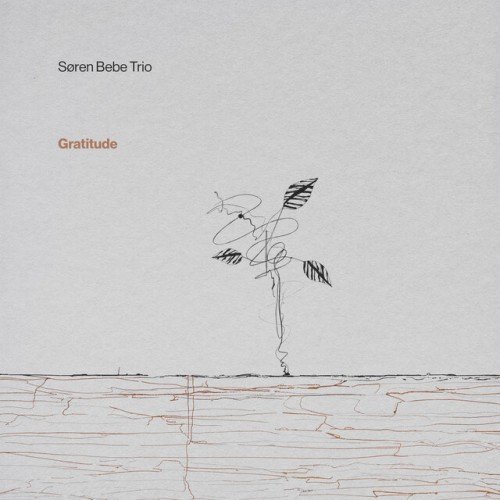
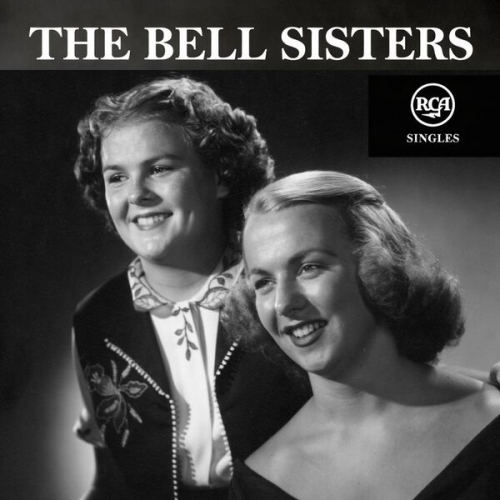
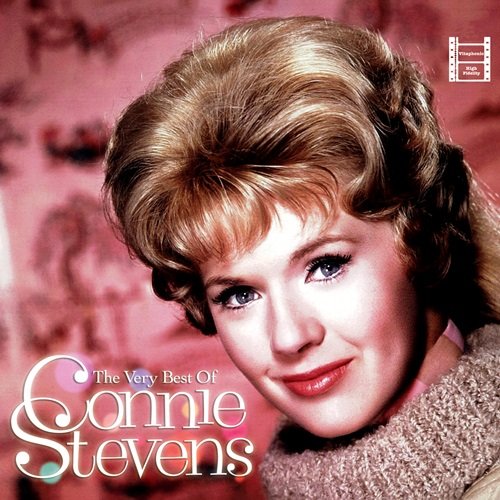
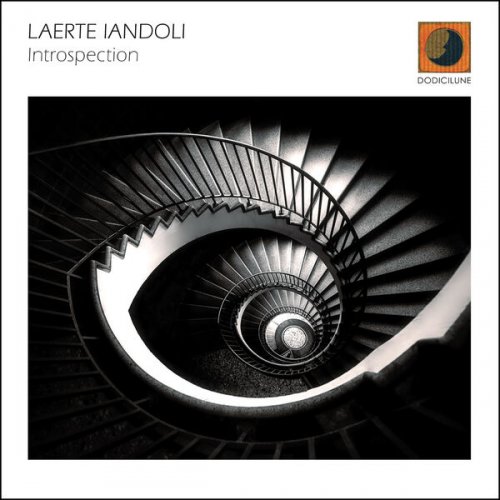
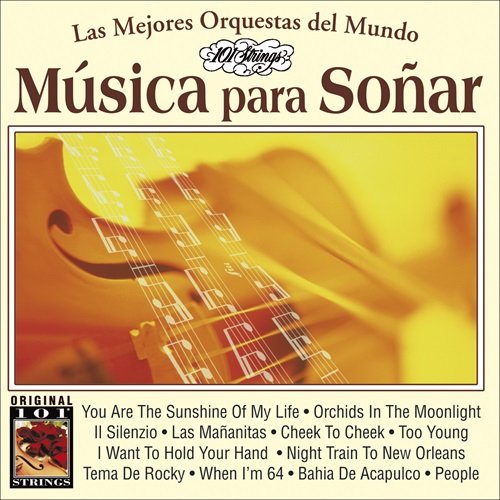
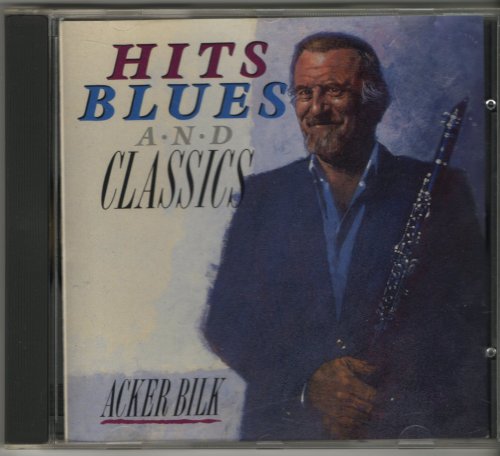

![Alcides Neto - Amú (2026) [Hi-Res] Alcides Neto - Amú (2026) [Hi-Res]](https://img.israbox.com/img/2026-02/26/mtckmw6jmvula60sukh6h3h26.jpg)
